Recovered memories spark debate
I was sitting in a cold, metal folding chair when it happened. I had been looking down at my orange and gray Nikes when the group leader at my youth group asked a question: “Have you ever experienced a loss?” None of my grandparents have died, nor were they experiencing serious health issues. I thought briefly of the Libby and Abby tragedy. Then, I recalled a memory that I had long forgotten.
It was a Saturday like any other Saturday. I was six. I was looking forward to going to an indoor soccer practice at the Flora YMCA. I got out of my bed and made a beeline for the kitchen. I searched through the cabinets to find something to eat. I was thrilled to find Cocoa Krispies with the other cereal because it was seldom found in our house. I poured a heaping helping into a bowl, followed by milk. I brought it over to a seat next to my mom. My parents, who had awakened me with their talking, started to cease their conversation. After I slurped every last bit of chocolate milk, I put my bowl into the sink. After that I went up to my mom and asked if I could play on my Playstation 2. She said no because she and my father needed to talk to me in my room. I sat down on the edge of my bed and my parents followed in. My dad went down and knelt next to my bed and my mother stood on his right, with her left hand on his shoulder.
My dad said, “Elijah, your friend Harrison is dead.” This left me shocked and confused. Last week he had just been smiling and playing with me at soccer practice. I asked them how it happened. This time it was my mom who spoke. “He was in his bed when a fire started in his house, and he couldn’t get out.” I then asked, “What happened to his family?” My dad said, “His mom and sister also died. His dad survived.” I wanted to cry and let out the plethora of emotions I was experiencing. I had to be strong for my parents, so I couldn’t show what I felt. “What will his dad do without a family?” My mom responded with tears flowing from her eyes: “It is going to be a hard process, but he is going to have to continue with life.” I continued looking at them both, straight-faced, as I asked my next question. “What about soccer today?” My father then said, “They cancelled it today to honor Harrison’s death.” We sat there for a couple more hushed moments. With a shaky voice I asked if I could play the Playstation now. My mom said yes. I got up, gave them both a hug and continued into the living room to play as Lightning McQueen in my new video game. I don’t know why I played because I couldn’t think about the game as all my thoughts were on my best friend.
As that memory rushed into my head, it left me incredibly confused. I know that as a child I tried to push this memory out of my mind because I couldn’t sleep with it on my mind. I evidently did a good job of repressing it, but how could I suddenly remember every vivid detail from that morning 9 years ago? To make sure if my story was correct, I asked my mom what she remembered about the day and our stories matched almost perfectly.
Curious, I decided to look if there was a medicinal term for this type of repressed memory. What I found was a term called “recovered memories.” A recovered memory, according to Merriam-Webster dictionary, is a memory of a traumatic event experienced typically during childhood that is forgotten and then recalled many years later that is sometimes held to be an invalid or false remembrance generated by outside influence. The second part of this definition left me puzzled. With further research, I found out there is an entire debate on this topic. There are people who support recovered memories, and those who support false memories.
False memories are the opposite of recovered memories. False memories are when you recall something that didn’t happen. They can also be when somebody just plainly remembers something incorrectly. For instance, you think you locked the door, but your mother said it was unlocked when she came home. Therapists counseling someone through depression or other difficult times might ask if disturbing things happened to the patient when they were young. If not, therapists can insist that something happened to the patient when they were a child and need to remember and face what occured. Therapists can, by accident, implant memories into their patient’s mind creating a false memory. When childhood abuse court situations occur, the judge usually takes into thought that there is a possibility it was a false memory.
On the other hand, recovered memories are also real. While experiencing distress of any kind, your mind is usually heightened. This often leads to people recalling their surroundings during a frightening time in their life. This is how you can remember certain smells or colors when you are frightened. For me, I remembered most parts of that morning in which my parents brought me the bad news. Say somebody was abused as a child, but forced it out of their memory. As an adult, certain smells, or phrases, can bring those memories back to them. For example, a boy was beaten with a wooden bat by his father. Later in life, he went to a counselor. When asked if a certain smell or color strikes fear into his heart, the now adult remembers the smell of wood as a trigger and recalls the abuse.
On a daily basis, you really don’t remember that much, unless it was a special event. Even on a good day, I still probably wouldn’t be able to tell you what I ate for lunch yesterday. If I went out with friends or somebody scared me because I didn’t see them hiding, I would most likely remember those things. Traumatic events definitely are special events that would be easy to remember. The memories can usually be easily thought of even though a person might not want to remember the memory. However, these events can lead people, especially children, to force the memories out of their mind and forget them.
These points stated, I believe false memories are also existent. A great example of this is in the Sherlock television series. In an episode called “The Final Problem,” Sherlock goes through events from his childhood. He knows he lost his dog named Red Beard because the dog fell into a well and couldn’t get out. Through a long journey, Sherlock was able to realize that he never owned a dog. Red Beard was a play name for his best friend who had passed away. As a child, Sherlock was so distressed about the loss of his best friend, he completely changed the way he remembered the event to make it less painful. Therefore the way he recalled his friend dying was incorrect, even though he had believed it was right for so many years.
In conclusion, I believe that both sides have a point and there is no correct answer. I have experienced a recovered memory, but I also think that people might have false memories. There will be the questions of whether recovered memories are real, and if people can really manipulate the memories in the mind, until somebody proves one way is right. We do know that our memories aren’t perfect and that leaves room for error. Who knows, maybe one day somebody will prove one belief is right and the other is wrong. No matter what, this is a debate of psychiatry, not belief.
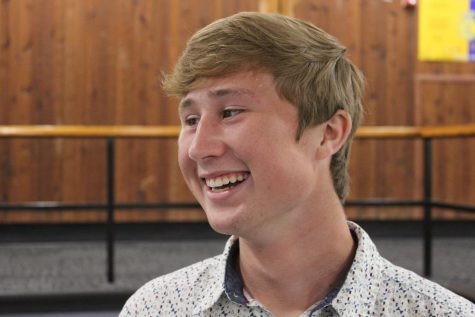
Elijah Hudson is a senior who plans on going to Indiana Wesleyan University next fall. He is in his third year on Parnassus staff, where he enjoys writing...


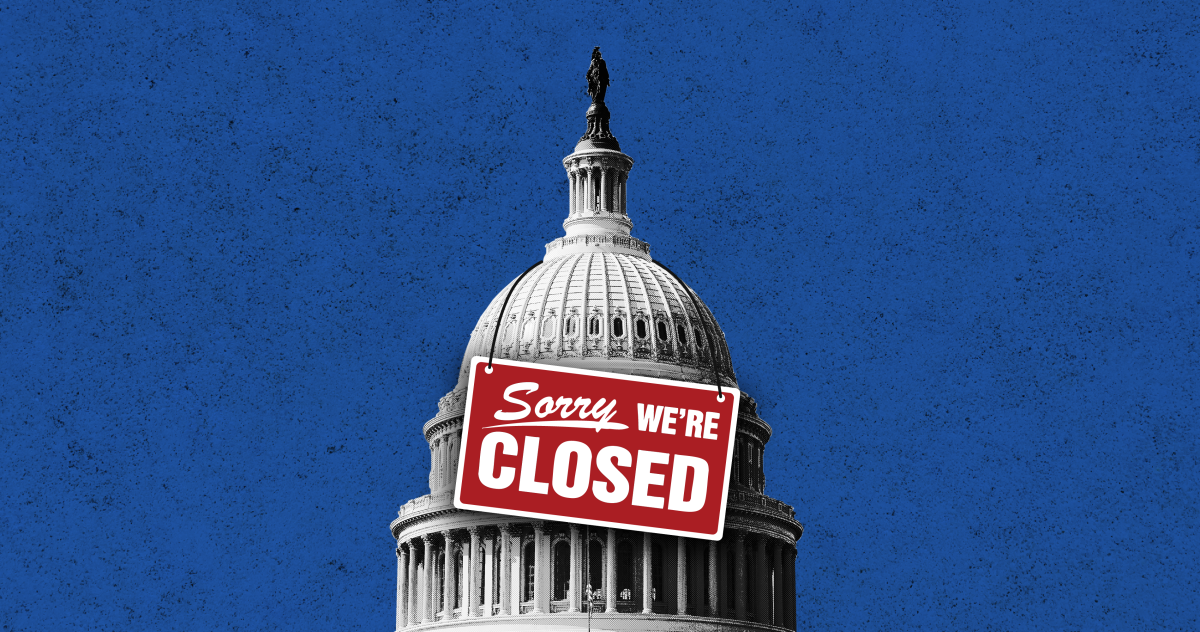


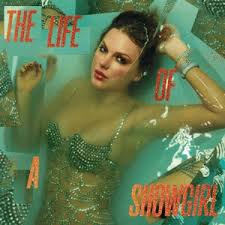

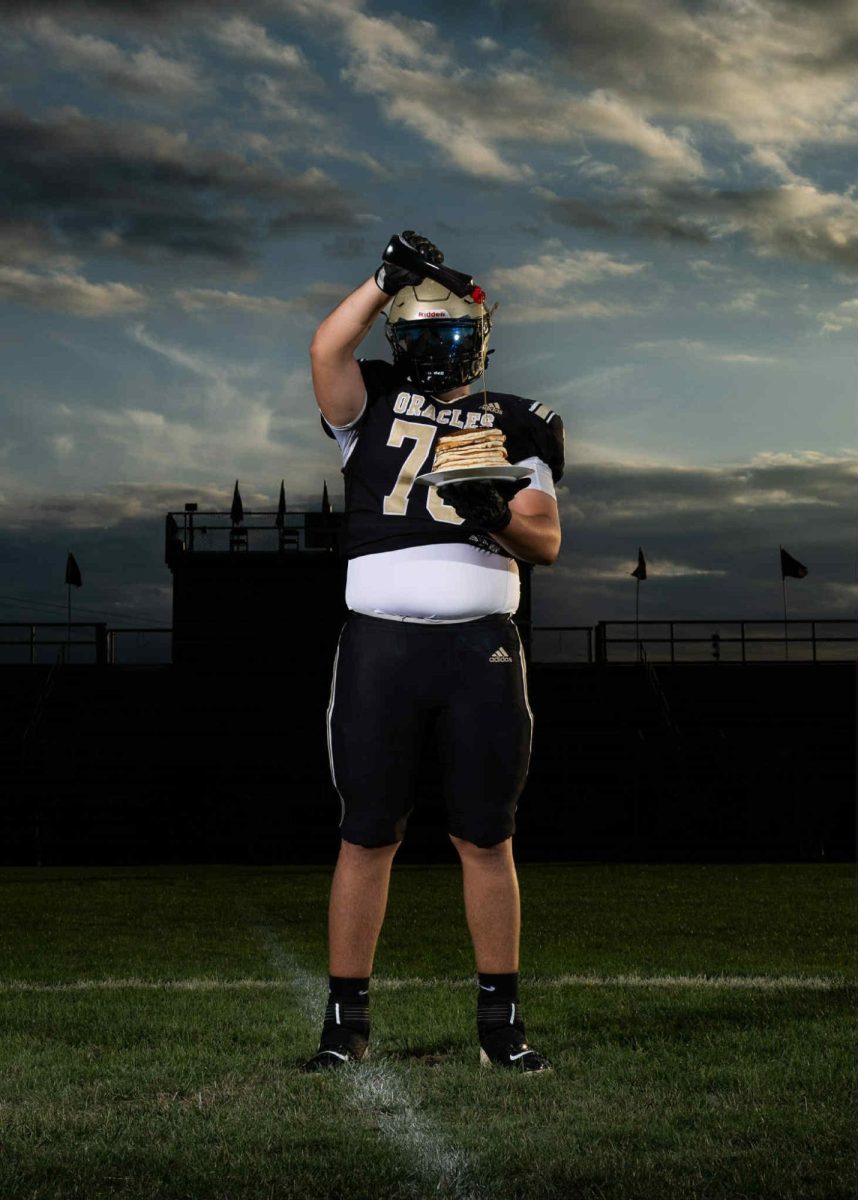



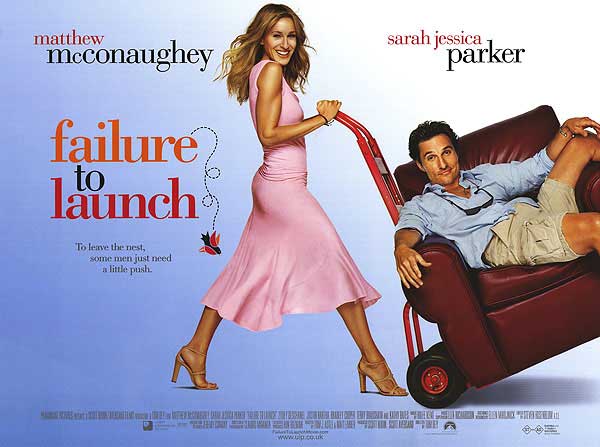

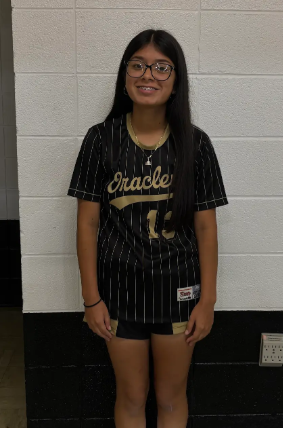
Holly Cosgray • Mar 1, 2018 at 9:48 pm
You never cease to amaze me Elijah Hudson, you’re awesome!!!
Jordan Ladd • Jan 19, 2018 at 1:47 pm
I love articles like this that explore the unknown part of our mind. It’s crazy to think that we know so little about our memories, yet it’s exciting when I think of all the possibilities that are there.